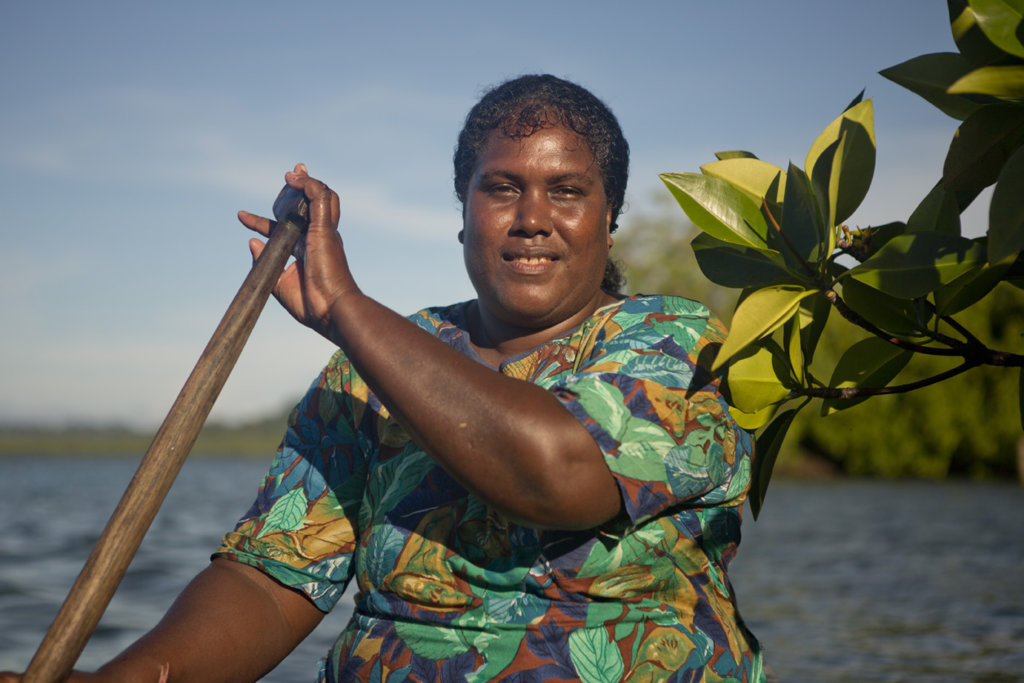In partnership with The Nature Conservancy, Solomon Islands protection project will allow female-led ecotourism efforts to protect endangered turtles in the South Pacific Ocean.
The Arnavon Islands, located in the Solomon Islands of the South Pacific, are home to the critically endangered hawksbill turtle. Each year, the 40,000-acre Arnavon Community Marine Park – the Solomon Islands’ first nationally protected area– welcomes approximately 2,000 hawksbill nests. Looming threats of poachers and loss of nesting beaches due to coastal erosion, plus the lack of resources in rural communities to conserve the area, are dramatically impacting the species.
On the bright side, the Solomon Islands are seeing major growth in tourism to the Arnavon Islands each year, which the provincial authorities have marked as prime opportunity for niche ecotourism to help lift communities from poverty and provide much needed resources for turtle conservation efforts.
KAWAKI, a thriving local women’s network eager to help local women build skills and run ecotourism ventures in Arnavons, is teaming up with The Nature Conservancy to unite tourism and turtle conservation. They will be joining forces over the next five years to build partnerships with business-owners and the local community. By increasing awareness of the Arnavon Islands as an important environmental and cultural tourism destination, financial benefits to the local communities will be achieved. This partnership is truly a match made in heaven better positioning this eager community to protect the hawksbill endangered species while simultaneously bringing financial gains to the community working so diligently to protect them.
Mary Kay is proud to support The Nature Conservancy’s efforts in the Solomon Islands to bring training to the women of KAWAKI to lead ecotourism businesses, internationally promote and recognize the islands as a highly sought-after ecotourism travel destination, and working to manage conservation to successfully protect some of the world’s most beloved endangered species.
